Iran is poised to respond to Pakistan’s recent attack, with reports indicating the movement of ballistic missiles by the Islamic Revolutionary Guard Corps (IRGC) to launch locations, according to Iranian sources.
The tension reached a critical point as Pakistan conducted retaliatory strikes within Iranian territory. The movement of IRGC’s ballistic missiles underscores the gravity of the geopolitical crisis unfolding in the region.
According to reports from Al Jazeera, the Pakistani military disclosed that Thursday morning’s strikes in Iran targeted hideouts used by the Balochistan Liberation Army and Balochistan Liberation Front, known terrorist organizations.
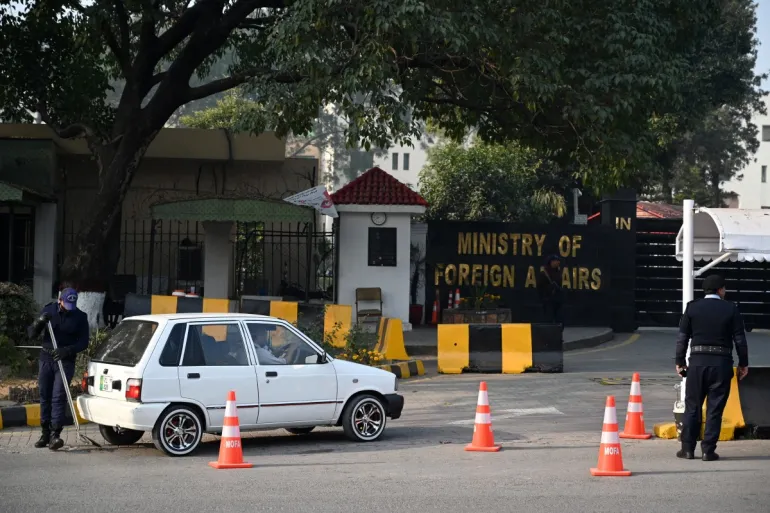
The attack came less than 48 hours after Iranian air strikes in Pakistan on Tuesday. However, Iranian state media reported a death toll of at least nine individuals in the attack.
Responding swiftly, the Iranian Foreign Ministry summoned Pakistan’s charge d’affaires in Tehran, seeking explanations for the strikes.
“We are watching with concern the escalation of the situation in the Iran-Pakistan border area that has been growing in recent days. We call on the parties to exercise maximum restraint and to resolve emerging issues exclusively through political and diplomatic means,” the Foreign Ministry said in a statement.
International players, including China, Russia, Turkey, and the European Union, have called for ‘maximum restraint’ and urged both nations to avoid further escalation. The EU expressed deep concern, highlighting the attacks’ violation of sovereignty and territorial integrity in the Middle East. Russia echoed similar sentiments, urging diplomacy to de-escalate tensions.
The repercussions extended to financial markets, with the Pakistan Stock Exchange initially plummeting by 1,000 points following the news of strikes on Iran. However, the market rebounded later in the day, recovering nearly 650 points before closing.
Pakistan’s President Arif Alvi affirmed Pakistan’s commitment to national security and territorial integrity, emphasising the need for dialogue and mutual consultation with Iran.
Alvi stated in a statement published by his office on X, “Pakistan would not compromise on its national security and territorial integrity and would take all necessary measures to defend its soil.”
Alvi added that Pakistan and Iran were “brotherly countries”, and should resolve their issues through “dialogue and mutual consultation.”
Former Pakistan Human Rights Minister, Mazari, lauded Pakistan’s response as swift and proportionate but questioned the presence of militant groups on both sides of the border. Meanwhile, Turkey’s foreign minister, Hakan Fidan, conveyed that neither Iran nor Pakistan desired further escalation and recommended restoring calm.
Former Pakistan Foreign Minister Hina Rabbani Khar criticized Iran’s attack as irrational, illegal, and escalatory, emphasizing the region’s inability to afford another escalation. Pakistan recalled its ambassador from Tehran and barred Iran’s envoy to Islamabad in condemnation of the attacks.


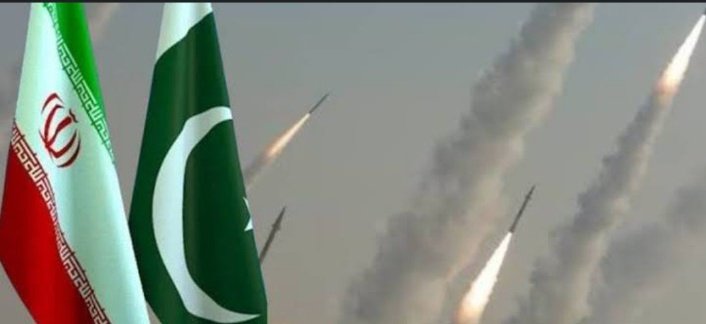
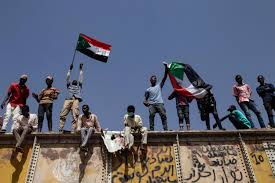
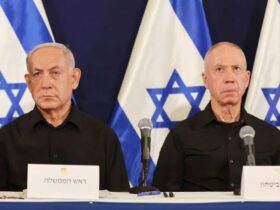
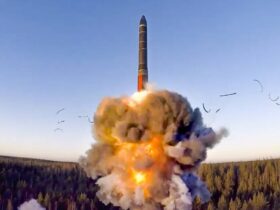


Leave a Reply